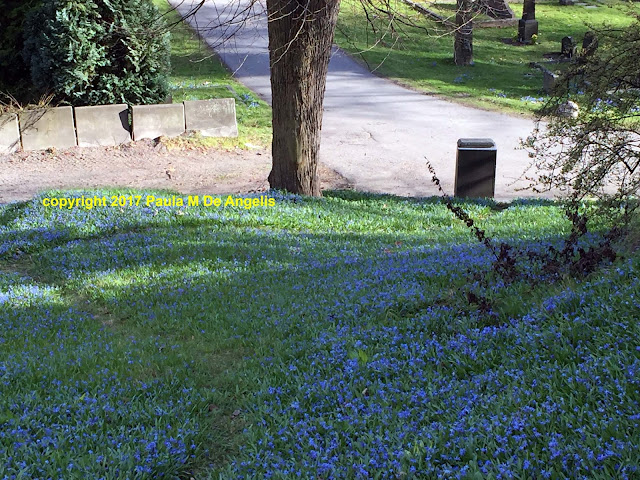So many of her reflections resonate with me..............
---------------------------------------------
“Without darkness, nothing comes to birth, As without light, nothing flowers.”
"Whatever peace I know rests in the natural world, in feeling myself a part of it, even in a small way.....To go with, not against the elements, an inexhaustible vitality summoned back each day to do the same tasks, to feed the animals, clean out barns and pens, keep that complex world alive."
“The more articulate one is, the more dangerous words become.”
“I can tell you that solitude
Is not all exaltation, inner space
Where the soul breathes and work can be done.
Solitude exposes the nerve,
Raises up ghosts.
The past, never at rest, flows through it.”
“There is no doubt that solitude is a challenge and to maintain balance within it a precarious business. But I must not forget that, for me, being with people or even with one beloved person for any length of time without solitude is even worse. I lose my center. I feel dispersed, scattered, in pieces. I must have time alone in which to mull over my encounter, and to extract its juice, its essence, to understand what has really happened to me as a consequence of it.”
“Loneliness is the poverty of self; solitude is richness of self.”
“We have to dare to be ourselves, however frightening or strange that self may prove to be.”
“A house that does not have one worn, comfy chair in it is soulless.”
“The moral dilemma is to make peace with the unacceptable.”
“It is harder for women, perhaps to be 'one-pointed,' much harder for them to clear space around whatever it is they want to do beyond household chores and family life. Their lives are fragmented... the cry not so much for a 'a room of one's own' as time of one's own. Conflict become acute, whatever it may be about, when there is no margin left on any day in which to try at least to resolve it.”
“I always forget how important the empty days are, how important it may be sometimes not to expect to produce anything, even a few lines in a journal. A day when one has not pushed oneself to the limit seems a damaged, damaging day, a sinful day. Not so! The most valuable thing one can do for the psyche, occasionally, is to let it rest, wander, live in the changing light of a room.”
“Most people have to talk so they won't hear.”

















